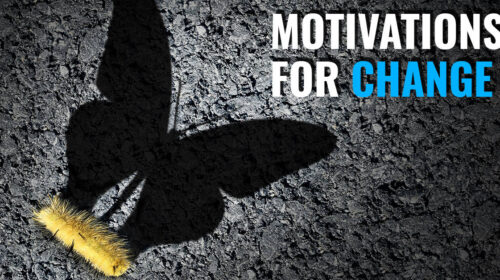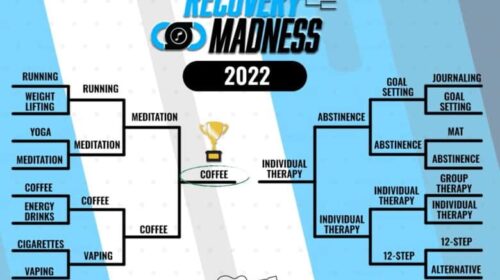It can be hard keeping a job in recovery. Your job or career is often the first casualty of your substance use, and it doesn’t always get easier right away after you get help. If you or your loved one are struggling with alcohol or drug addiction or are new to recovery, you may already know how hard it can be to maintain your career and professional stability; but you’re not alone, and you can do this.
The Substance Abuse and Mental Health Services Administration (SAMHSA) reports that sustained addiction recovery is tied to meaningful and purposeful work-life balance and that employment is an important element for sustaining recovery and maintaining financial independence. Here are some tips to successfully keep your job in recovery and even grow professionally.
What’s Stopping You from Keeping Your Job in Recovery?
Let’s start with the problem. Many factors can make keeping a job in recovery harder than you may have thought, including but not limited to:
Scheduling and Logistics
The seemingly smallest problems can have the largest impact. Maybe it’s too hard to keep going to meetings or therapy on workdays. Maybe you don’t have the means to get to work because your vehicle has been damaged or impounded. Maybe you have outstanding legal issues that keep you from showing up on time. Whatever the case may be, take one thing at a time and work with all parties involved to honestly explain your situation and why you need to keep working. Staying organized and present can mean the difference between “hired” and “fired”.
Long-Term Health Issues
The body does not heal all at once. Even when you first enter recovery, you may still be battling lingering health issues, whether it’s a chronic illness or just protracted withdrawal symptoms. Keep working with your doctor to form an everyday and long-term care plan to gradually reduce symptoms and improve your everyday quality of life. You shouldn’t have to feel sick or be in pain every day, and it certainly shouldn’t stop you from getting hired or growing in your job.
Stigma and Judgment
Whether you’re getting a new job or returning to your old one, it’s natural to feel nervous about disclosing your substance use history to your supervisors and colleagues. You may even internalize this shame and start to think you’re “not good enough” or “too damaged” to get the job you want. Many people who return to work after treatment report being judged, marginalized, or discussed negatively. You can choose to disclose as much or as little as you’d like about your recovery and report any harassment or discrimination to your human resources department. You have the right to a stable, nurturing, and supportive work environment.
Be open and transparent with your employer about your situation and needs, so they understand and are clear about your scheduling, time management, and mental health requirements. Honesty is always the best policy, even if it doesn’t seem like it at first.
The Importance of Keeping a Job in Recovery
As important as gainful employment is in ordinary circumstances to self-worth and survival, the stakes can be even higher in recovery. When you don’t have to worry about money or being preoccupied with financial struggles, your anxiety and focus increase, and you become more comfortable in your recovery and everyday life. A growing body of data indicates that, in the context of recovery, professional stability is tied to:
- Lower Rates of Recurrence
- Higher Rates of Abstinence
- Less Criminal Activity
- Fewer Parole Violations
- Improvements in Quality of Life
- More Successful Transition from Long-Term Residential Treatment Back to the Community
Additionally, a comprehensive study published in the Journal of Rehabilitation indicated that clients who are employed while in treatment are significantly more likely to complete treatment than unemployed clients.
Don’t Be Scared…You Deserve This
Recovery Unplugged Treatment Centers is ready to help you or your loved one overcome addiction so you can get back to being the capable and dedicated professional you were before drugs and alcohol derailed your job. Our employee-assistance program works with organizations in a variety of industries to guide their employees toward treatment and teach them the impact of workplace substance use. We offer all levels of care, multiple locations, and in-network partnerships with most major insurance companies. Contact us today to take your life and career back. You deserve to be happy, healthy, and fulfilled.

























